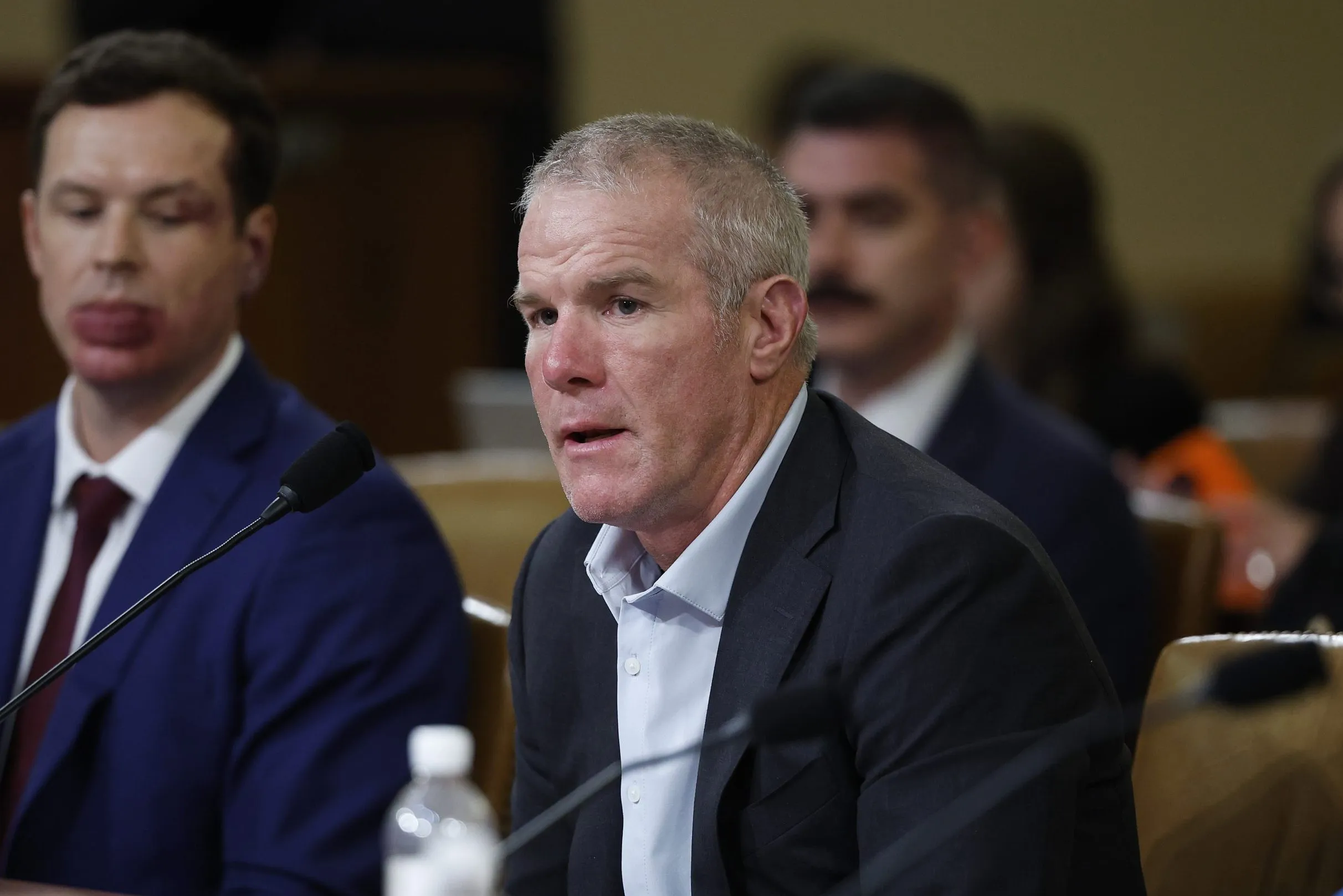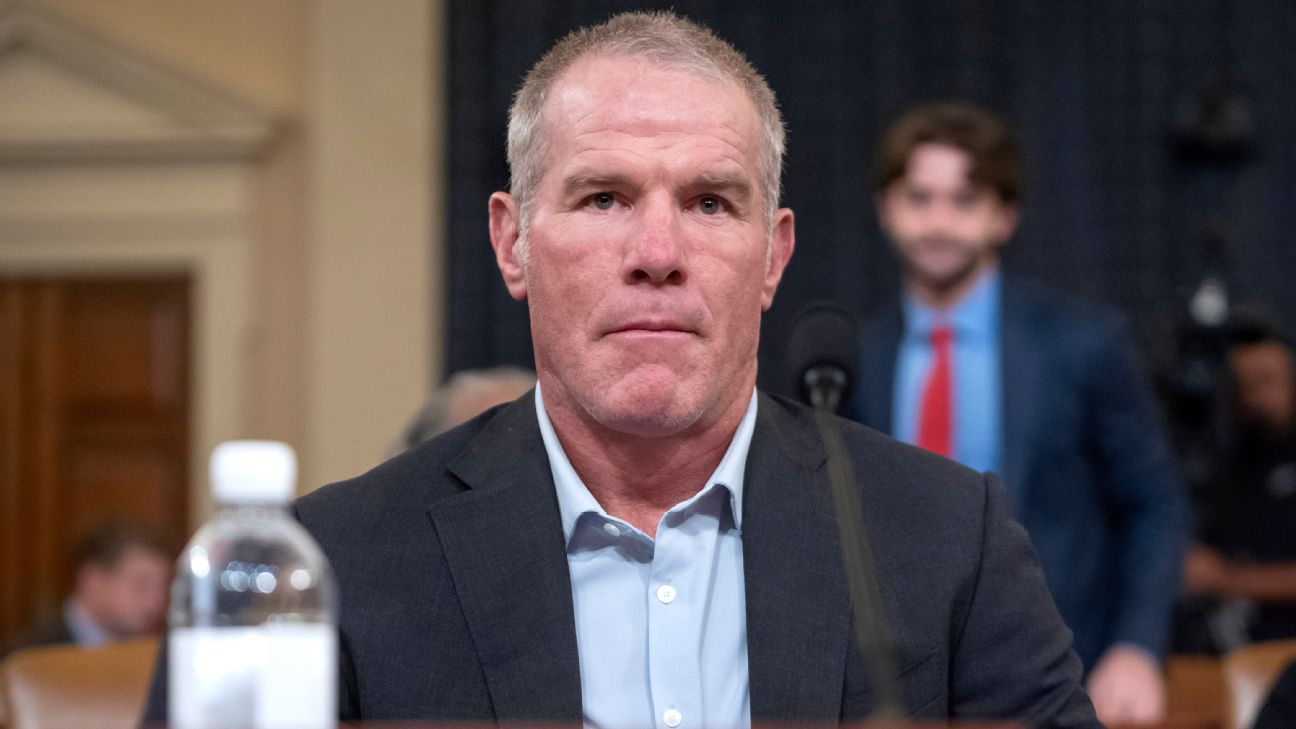Brett Favre, the former Hall of Fame quarterback, disclosed at a congressional hearing that he has been diagnosed with Parkinson’s disease, a degenerative neurological condition affecting movement.
The hearing, held by the House Ways and Means Committee, primarily focused on welfare reform, and Favre’s testimony also covered his involvement in Prevacus, a concussion drug company.
Prevacus had received $2 million from Temporary Assistance for Needy Families (TANF) funds, and Favre was its largest investor. His diagnosis underscored the personal connection to concussion-related health issues that plagued him during his 20-year NFL career.
Favre’s comments about concussions provided context for his involvement in Prevacus. He revealed that he may have suffered thousands of concussions during his football career, though he officially counted only three or four.
A 2020 study highlighted the link between concussions and Parkinson’s, with even one concussion increasing the risk by 57%. Favre lamented that while he believed Prevacus could help others, it was too late for him. His diagnosis shifted attention from welfare reform to the broader implications of head injuries in sports.

The welfare scandal in Mississippi, in which Favre is embroiled, involved the misappropriation of at least $77 million in TANF funds. These funds, intended for needy families, were instead directed toward wealthy individuals, including Favre.
Though he has not been criminally charged, Favre is named as one of the defendants in a lawsuit aiming to recover the funds. The founder of Prevacus, Jacob VanLandingham, admitted his role in diverting TANF money and pleaded guilty, further complicating Favre’s position in the case.
Favre defended his role in the situation, asserting that he was unaware TANF funds were used to support his projects, including Prevacus and a volleyball facility at the University of Southern Mississippi. He claimed that the scandal had caused irreparable harm to his reputation, once revered but now tainted by accusations of welfare fraud.
Favre repaid $1.1 million he received for speaking engagements that never took place, though he emphasized that he had no intention of misusing the funds. He also criticized state officials for failing to protect TANF money from being misused.
While Favre was met with support from several committee members during the hearing, some lawmakers questioned him directly about his involvement in the scandal. Rep. Linda Sanchez pressed him on whether he had repaid interest on the TANF funds and whether it was ethical to divert funds meant for low-income families.
Outside the hearing, civil rights advocates noted the stark contrast between how Favre was treated and how ordinary citizens would be handled in similar cases, emphasizing that celebrity status appeared to shield him from harsher scrutiny.
